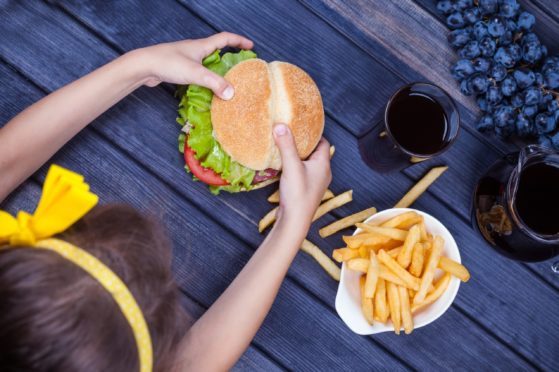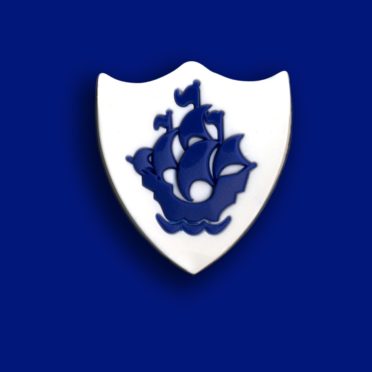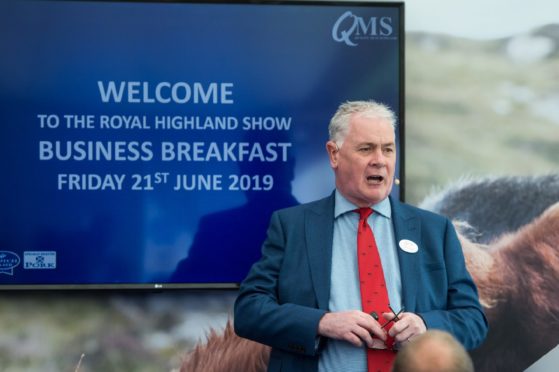Farm leaders have accused the BBC of adopting an anti-meat agenda after popular children’s programme Blue Peter launched an environmental initiative encouraging children to swap meat for vegetarian alternatives.
The National Beef Association (NBA) has accused Blue Peter of running a “one-sided” initiative following the launch of its green badge scheme and described the BBC as the “Beef Bashing Corporation”.
UK farm levy bodies – the Agriculture and Horticulture Development Board (AHDB), Quality Meat Scotland (QMS) and Hybu Cig Cymru/Meat Promotion Wales (HCC), have also written an open letter condemning the initiative.
Blue Peter’s green badge initiative encourages children to be environmentally friendly by following three pledges – power, plastic and plant – for two weeks.
These include switching off electrical devices, rather than leaving them on standby; using a lunchbox instead of plastic food wrap; and planting and looking after pollinator-friendly plants.
The green badge initiative also encourages those trying to achieve the badge as a group to adopt one super-sized pledge, which includes the option to “choose a couple of vegetarian meal options during your two weeks as part of a healthy balanced diet”.
NBA chief executive officer, Neil Shand, has written to BBC Director General Tim Davie to complain about the scheme.
“The Blue Peter remit appears to be to encourage children not to eat meat without giving any positive balanced view on the benefits of meat, either to their health, to local industry or to countryside management, or any negative view on how fruit, vegetables or other plant food – and their corresponding air miles – might impact the environment,” said Mr Shand.
He described the views presented by Blue Peter and the green badge initiative as “unbalanced, and at worst irresponsible” and called for a meeting with Mr Davie to discuss the NBA’s concerns.
Meanwhile, in their open letter the chief executives of AHDB, QMS and HCC criticised Blue Peter claims that “reducing the the amount of meat you eat, especially beef and lamb, is better for the climate than reducing the amount you travel in a car”.
The levy bodies described this claim as “incorrect, misleading and based on widely-debunked data” and said: “This type of unbalanced reporting risks compromising the integrity of the red meat produced in the UK to the consumers of the future.”
They called for the BBC and Blue Peter to “reconsider their one-sided messaging” and asked for UK red meat industry leaders to get the opportunity to meat with the head of children’s programming to share information about the positive message around red meat.
A BBC spokeswoman said: “We are not asking Blue Peter viewers to give up meat. That was made clear both on the show and on our website which has been updated to reflect that buying seasonal food or local grass-fed meat can also make a difference to climate change.
“There are also other pledge options to choose from to earn a Green badge such as switching off lights or using reusable water bottles.”
The BBC has previously been challenged over its claims about the environmental impact of the red meat industry in the UK.
In March last year farm levy body AHDB said it had successfully challenged BBC claims that cutting meat consumption was “the single biggest way to reduce your environmental impact”.
This led to the broadcaster amending its article to say reducing meat consumption was “one of the biggest” ways to reduce your environmental impact.


